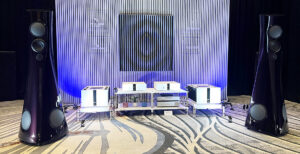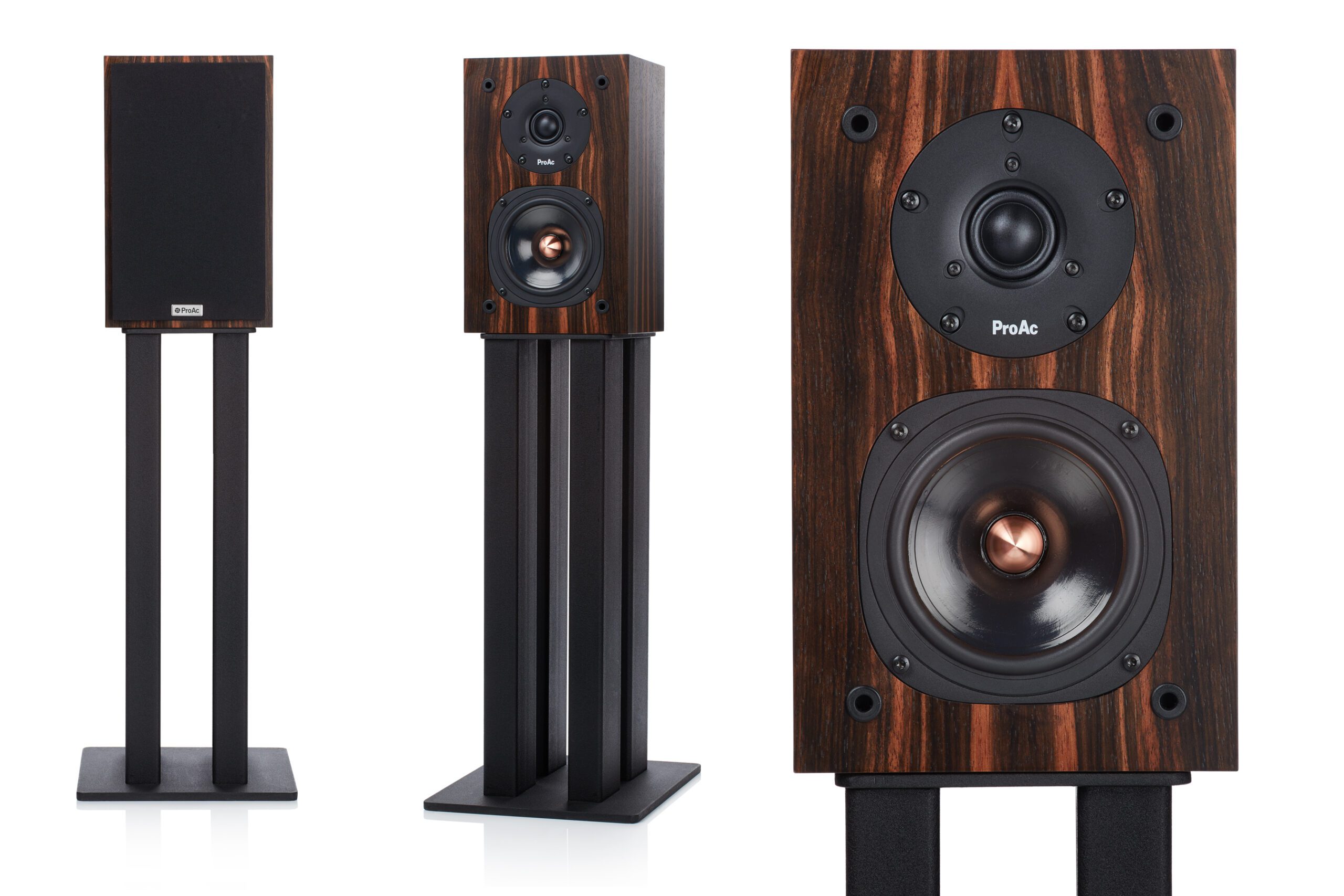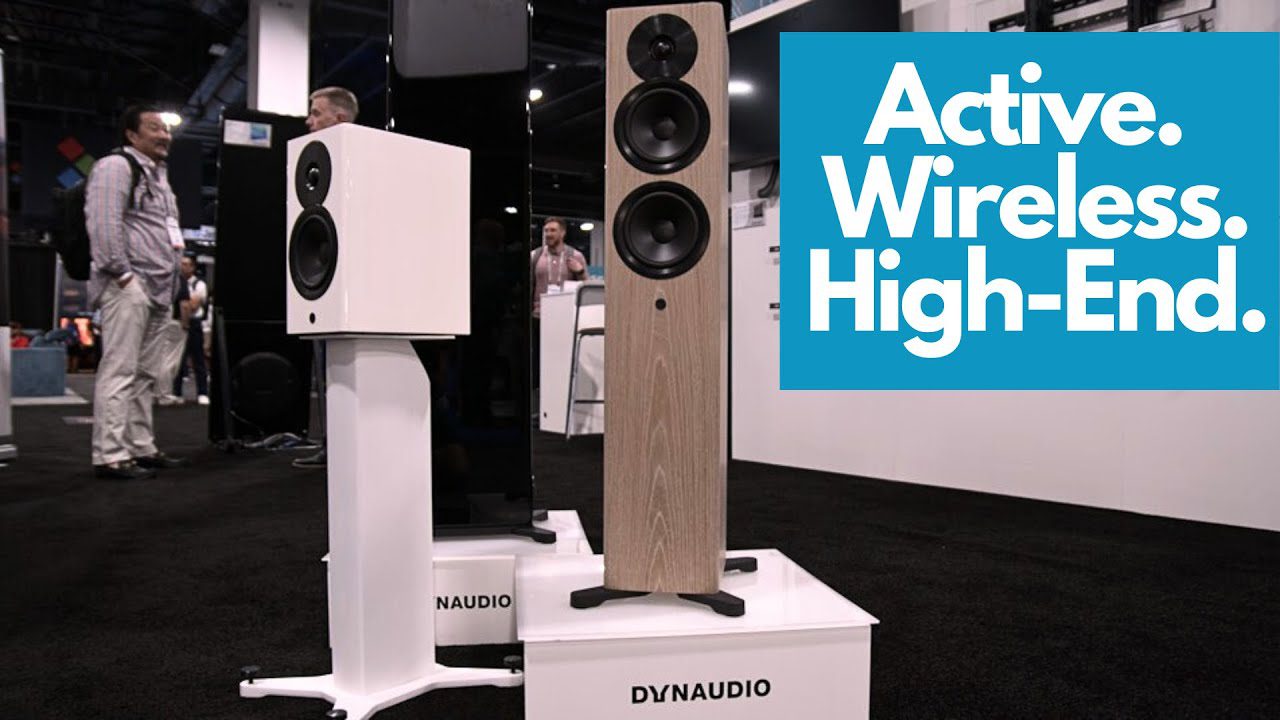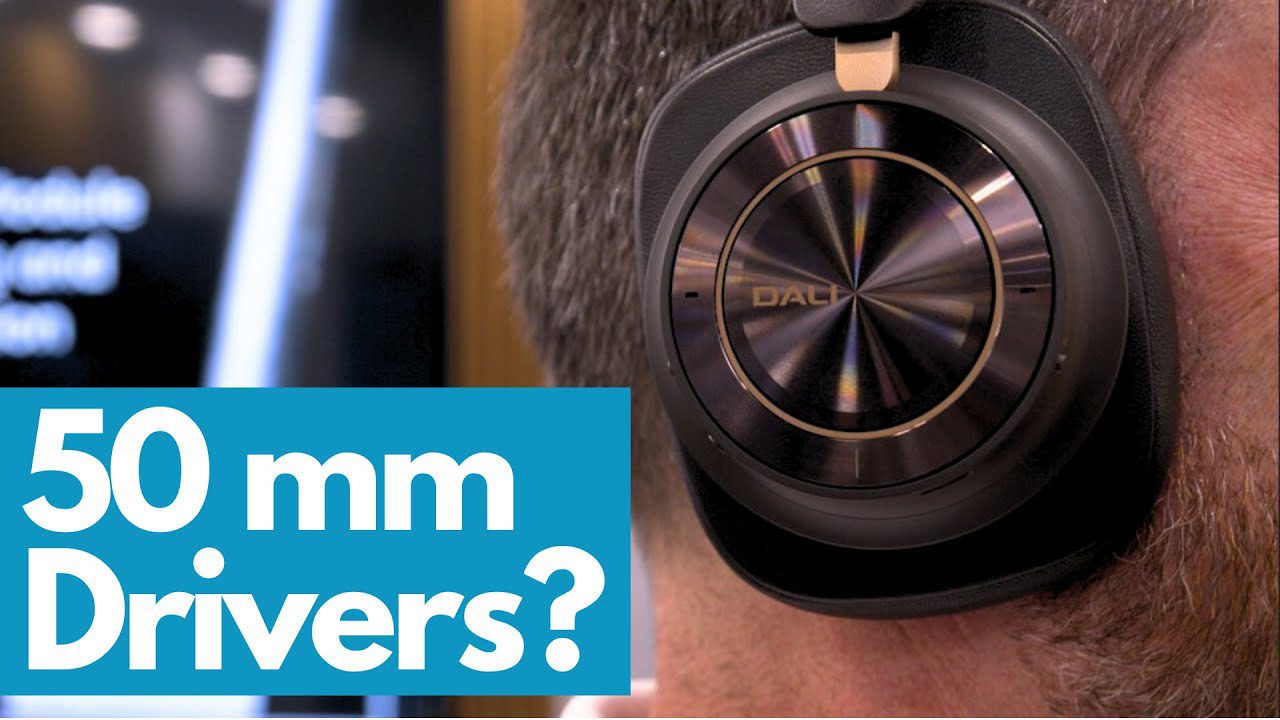
In 2011, I spoke with one well-known US distributor who sells, among other things, a brand with a strong presence in the magneto-optical world. If you are considering a high-end CD or SACD player, this ‘strong presence’ would very likely be one of your shortlist of possibilities. And this distributor said a chilling thing about player sales, “It’s like they fell off a cliff!”
Fast-forward to today, and the situation is potentially even worse. Several big-name transport manufacturers (most notably Philips) have ceased production of their CD drive mechanisms, disc sales show a marked double-digit decline year-on-year, and new players are extremely rare. This year, at CES, we saw digital designers concentrate on DAC platforms and UPnP-based network streaming devices, and the acronym of the moment is ‘DoP’ (DSD over PCM). All of this supports the view that spinning disc is spinning down.
However, that’s not the whole story.
There is a small contingent of distinctly high-end audiophiles who either refuse to countenance a future without physical discs, or tried a computer audio based solution and returned to CD and SACD, “because it sounds better.” While the numbers remain small, and it’s a distinctly high-end trend, I’ve heard this coming independently from several people, and not necessarily from those with a chip in this game.
In some respects, twas ever thus. Audiophiles are notorious for liking the technology before last, and if downloading and streaming has all-but replaced CD in the public domain, that’s almost a guarantee that the format will gain audiophile approval. Audio is also a predominantly ‘digital immigrant’ rather than ‘digital native’ pursuit, and digital immigrants (those born in a time before the widespread proliferation of the digital world, as in those of us born before 1980) still cling to physical formats like books and CDs, while digital natives tend to dismiss these things as unimportant data carriers. Paradoxically, digital natives are the same people driving the vinyl revival, but potentially as a totem as much as a music format.

Nevertheless, it seems there are a few people who stuck their discs in the loft are dragging them out of the loft again. And a few of those who sold or donated their CD collection are buying discs again. They are as unconvinced by the reanimated ‘CD rot’ scare stories as they are by the arguments of ripped or downloaded music sounding as good or even better than their 1980s-based solution. Some because they like having a physical copy of their music in their hands (once again, there’s a parallel with LP here), some because it provides a link to a time before the ‘everything everywhere’ revolution, and some because they just think ‘it sounds better’ than computer audio.
I suspect the ‘it sounds better’ argument will be a harder sell with CD that it is with LP. There is an opposing argument that suggests ‘bits is bits’ and that it’s impossible that the method of data storage can have an influence on the data itself. However, in less dogmatic times, the idea of a CD transport mechanisms sounding different to one another was not dismissed so readily, and if that suggestion holds water, such differences might continue to apply to the computer audio world.
The ‘distinctly high-end’ aspect of a return to disc is interesting. It may be that those with a heavy investment in CD hardware are finding ways to justify that investment, or that these high-enders want something complex to use to show off their ‘sophistication’ (it’s hard not to think this way when some players are more like a missile silo than a CD transport). However, setting aside the cynicism for a moment, it might also be because those high-enders use a system with the resolving power capable of readily identifying the difference between sources, and they legitimately go with what sounds best.

In truth, we need more information. Is there a move back to CD, or is it all just wishful thinking on the part of an ever-shrinking cabal of CD player makers and disc collectors? This might be nothing more than a storm in a transport mechanism, it could be a last hurrah for magneto-optical disc, or it could be the start of CD’s revival. And it’s here where you come in. Have you migrated across from CD to computer audio, and are you happy with the results? Or, did you move back from hard disk to spinning disc? If so, why? Have you no intention to get rid of your CD player, or do you just listen to Spotify now? In all cases, what (if anything) would make you change?
Tags: FEATURED
By Alan Sircom
More articles from this authorRead Next From Blog
See all
AXPONA 2024 Show Report Part One
- Apr 19, 2024

Audio Show Deluxe 2024: A photo show report
- Mar 28, 2024

Paul Messenger 1949-2024: A personal tribute
- Mar 26, 2024

Bristol Hi-Fi Show 2024: See You There!
- Feb 21, 2024










